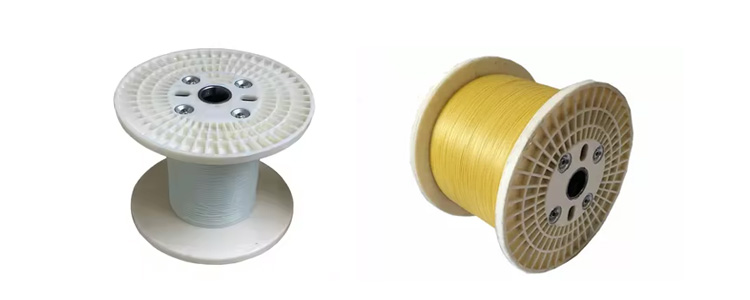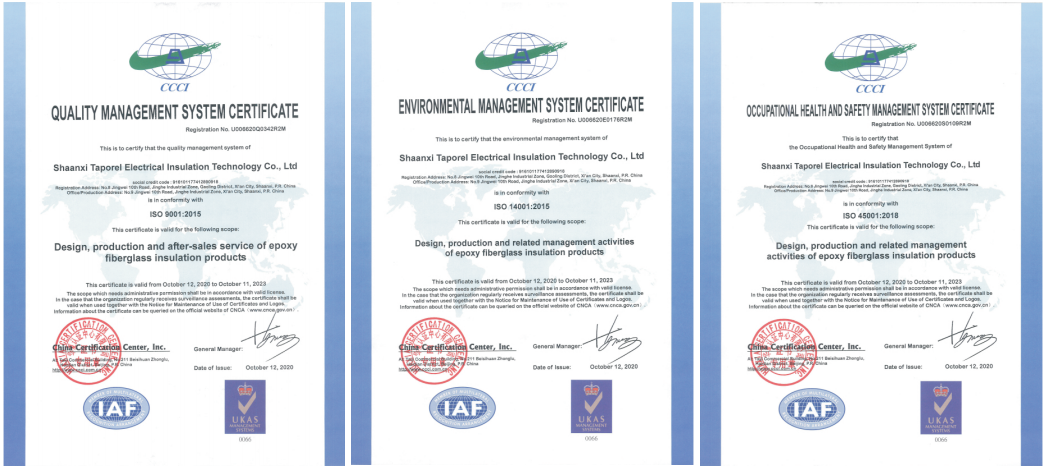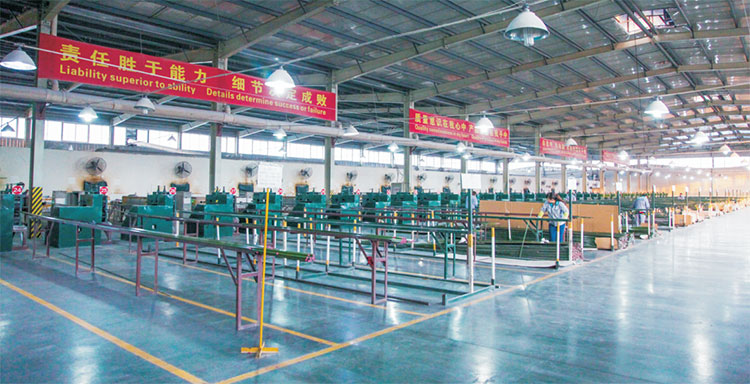What are FRP Spools?
FRP (Fiber Reinforced Polymer) Spool is a durable, flexible but strong component that was specially developed for the storage, transportation, and handling of cables, wires, or any other flexible material. These spools are constructed of high-strength composite material which provides their durability in use as a replacement for traditional metal or wood spools, while retaining good mechanical performance and is resistant to environmental degradation. FRP construction provides a superior strength-to-weight ratio so that the spool is easy to transport and handle, while still supporting heavy loads. These non-corrosive properties make it particularly suitable for harsh environments, including marine surroundings or industrial sites that might develop chemical, moisture, or extreme temperature exposure. Further, it has good resistance to UV radiation, a requirement for longevity in outdoor use. FRP spools are very flexible spools and could come in different sizes, designs, and load capacities to meet a particular operational need.

Main properties
Temperature range:-40~+80℃
Min. bending diameter:300mm
Traction section crack tension:2.5T
Line diameter density:150g/m
Specification:4.5mm,6mm,8mm,9mm,10mm,11mm,12mm,13mm,14mm, etc.
Features
- Corrosion resistance
FRPs possess excellent corrosion resistance and thus are particularly suitable for use in harsh environments, such as marine, industrial, and chemical environments where traditional materials begin to degrade over time.
- Lightweight and strong
Though FRP spools are weighty things, they do have high tensile strength, so a lot of material can be handled without a decrease in durability or structural integrity.
- Non-conductive
It is a nonconductor that adds extra safety to electric applications and it eliminates the danger of short circuits or electrical hazards in storage and transportation of cable.
- UV resistance
Thanks to its resistance to UV degradation, it performs in the extended sunlight climate of outdoor applications without losing its performance.
- Customizable design
The ability to customize in size, design, and load capacity to meet specific application needs gives versatility to various industries.
- Impact resistance
The construction of them is sturdy so that they are impact resistant and can physically stand up to taking a beating so that they can be less likely to take damage in shipments and during the handling process.
- Low maintenance
It is weather resistant and durable therefore low maintenance, less operation cost, and longer service life.
- Smooth Surface
Material storage and handling can be safely done without the risk of damage, because of its smooth surface which prevents abrasion of cables and wires.
Application
- Oil and Gas Industry
The technology is commonly used in the oil and gas industry to transport and store heavy cables, especially in offshore settings where corrosion resistance is so critical.
- Power Infrastructure
Used for the management of cables in power lines or substation settings, it covers simple harsh weather as well as physical stress during the cable or wire installation.
- Mining Operations
It is employed to store and transport cables to the mining sites where the equipment is subjected to rough environmental conditions and cables remain in proper working condition.
- Industrial Manufacturing
Our factories use spools to store a range of industrial wires and supplies in a safe and organized way and to keep the workload in one area and minimize any disruption or injury.
- Offshore Cable Management
Used in the maritime industry, FRP spools are used to store and protect cables used on ships for navigation, communication, and power systems and enable depleted cables to be safe to work and function in a wet environment.
- Data Centers
It is used in data centers to organize and protect communication cables, to prevent bends and breaks in the cables to assure the compliance of the data infrastructure.
ISO Certification

Workshop

